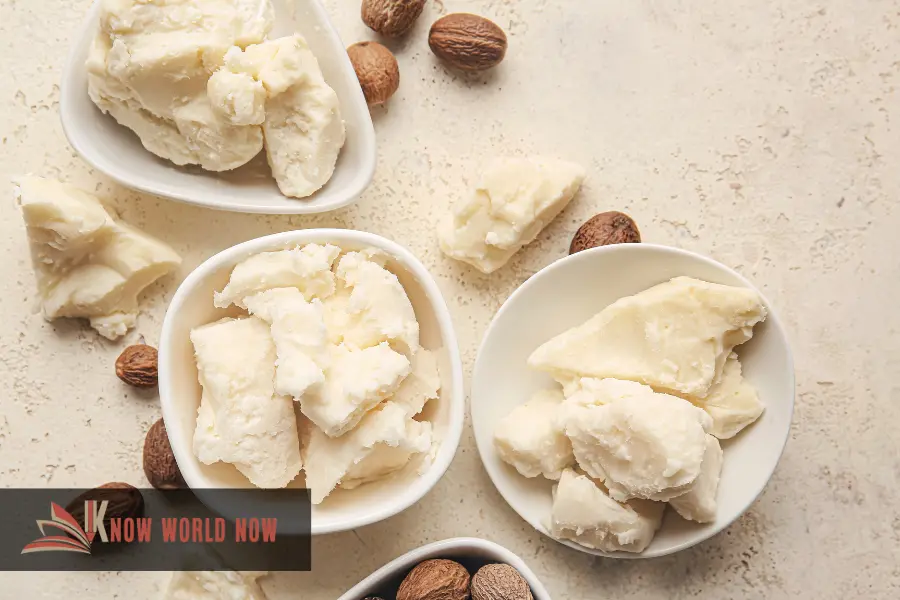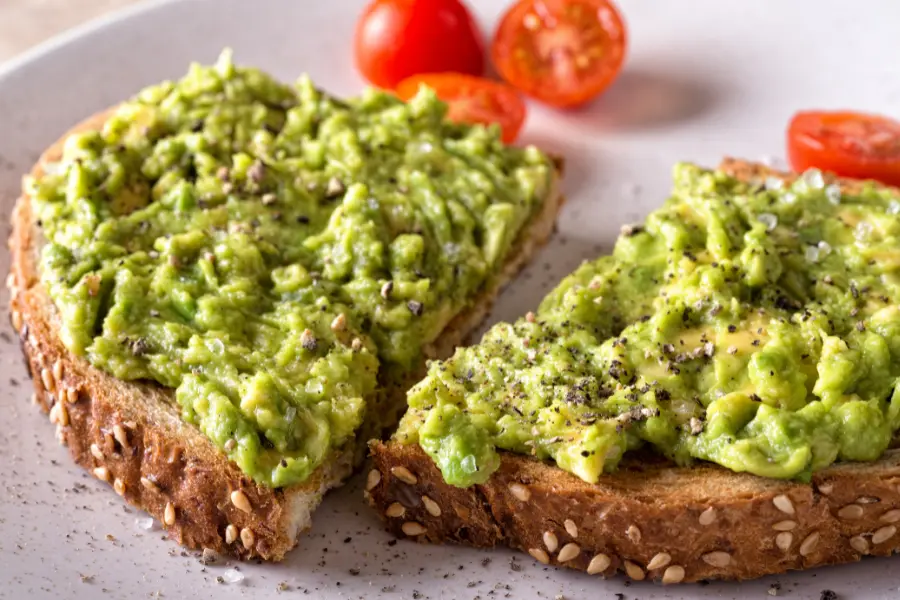In today’s health-conscious world, people are constantly seeking nutritious and delicious food options. One such option that has gained immense popularity in recent years is nut butter. Nut butters are not only known for their delectable taste but also for their impressive nutritional profile.
They are rich in both fiber and protein, making them a valuable addition to your diet. However, what sets various nut butter apart is the unique combination of vitamins, minerals, and nutrients they offer, each contributing to different aspects of your overall health and well-being.
Understanding the Basics: What Are Nut Butters?
Before we delve into the specifics, let’s take a moment to understand what nut butter are. Nut butters are creamy or crunchy spreads made by grinding nuts into a fine paste.
The most common types include almond butter, peanut butter, cashew butter, and hazelnut butter. These spreads are not only versatile but also packed with essential nutrients that can have a positive impact on your health.
The Nutritional Powerhouse: Fiber and Protein
High in Fiber
One of the standout features of nut butters is their high fiber content. Fiber plays a crucial role in promoting digestive health and regulating blood sugar levels. It keeps you feeling full and satisfied, making it an excellent choice for those looking to manage their weight.
Rich in Protein
Nut butters are also an excellent source of plant-based protein. Protein is essential for muscle repair and growth, making it an ideal choice for athletes and fitness enthusiasts. Incorporating nut butter into your diet can help meet your daily protein needs.
The Nutritional Variability: Vitamins and Minerals
Vitamin E Boost
Almond butter, in particular, is known for its high vitamin E content. Vitamin E is a powerful antioxidant that helps protect your cells from damage. It also contributes to healthy skin and a strong immune system.
Magnesium-Rich Cashew Butter
Cashew butter stands out for its magnesium content. Magnesium is vital for maintaining healthy muscles and bones, and it also plays a role in regulating blood pressure.
Peanut Butter and Folate
Peanut butter is a good source of folate, a B-vitamin essential for DNA synthesis and overall cell function. It is particularly important for pregnant women and individuals looking to support their heart health.
Hazelnut Butter and Copper
Hazelnut butter contains copper, a mineral required for the production of red blood cells and the maintenance of healthy bones and nerves.
The Health Benefits: Targeted Nutrient Support
Heart Health
Regular consumption of nut butters, especially those rich in monounsaturated fats like almond and cashew butter, can help lower the risk of heart disease. These healthy fats can reduce bad cholesterol levels in the blood.
Bone Health
The presence of calcium in some nut butters, such as almond and hazelnut butter, contributes to strong bones and teeth. Combined with magnesium, they promote overall bone health.
Energy Boost
Nut butters can provide sustained energy throughout the day, making them an excellent choice for breakfast or a midday snack. The combination of protein and healthy fats keeps your energy levels stable.
Conclusion
In conclusion, nut butters are not just delicious spreads but also nutritious additions to your diet. They offer a wide range of vitamins, minerals, and nutrients that can support different aspects of your health. From fiber and protein to vitamin E and magnesium, each nut butter has its unique benefits. So, why not enjoy the taste while reaping the rewards of enhanced health?
Frequently Asked Questions (FAQs)
Can nut butters help with weight loss?
Yes, nut butters, especially those high in fiber and protein, can help you feel full and satisfied, making it easier to manage your weight.
Are there any nut allergies to be aware of?
Yes, some people may have nut allergies, so it’s essential to be cautious and check product labels. If you have allergies, consider alternatives like seed butter.
How much nut butter should I consume daily?
It’s best to consume nut butter in moderation. A tablespoon or two a day can provide you with its nutritional benefits without excessive calorie intake.
Are homemade nut butters healthier than store-bought ones?
Homemade nut butters allow you to control the ingredients, but many store-bought options are also healthy. Just check for added sugars and unhealthy fats when choosing a store-bought brand.
Can nut butters be included in a vegan diet?
Absolutely! Nut butters are plant-based and a great source of protein for vegans. They are a versatile ingredient in many vegan recipes.



